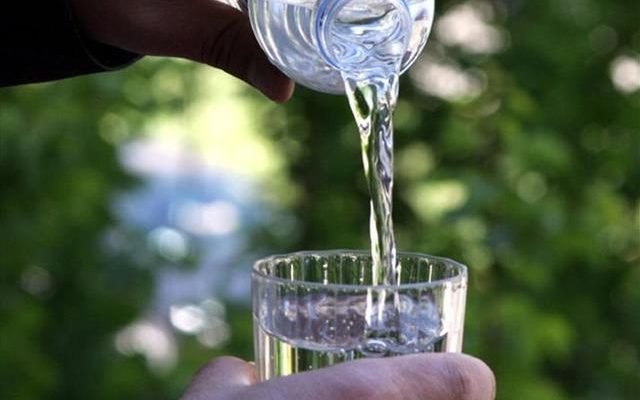The amount of water the body needs must be met in a balanced manner throughout the day from iftar to sahur. Urology Specialist Op. states that people with kidney disease should drink water at intervals between iftar and sahur. Dr. Kenan Yenihayat mentioned that insufficient fluid intake can increase the risk of kidney stone formation in everyone.
“ANIMAL PROTEINS MAY TRIGGER KIDNEY DISORDERS”
Emphasizing that fluid consumption as well as water is very important, Op. Dr. Kenan Yenihayat said, “A carbohydrate-rich diet at iftar and sahur may increase the risk of kidney stone formation by increasing the excretion of calcium, the precursor of kidney stones, in the urine.” Dr. Kenan Yenihayat said, “We recommend reducing carbohydrate consumption. When consumed excessively during Ramadan, animal proteins may increase the amount of calcium and uric acid in the blood, and uric acid and oxalates in the urine. This may trigger kidney disorders by reducing the protective citrate rate in the urine. For this reason, we recommend consuming agricultural protein instead of animal protein,” he said.
“EMIENCE SHOULD BE GIVEN TO FIBER FOODS”
Kiss. Dr. Yenihayat stated that choosing fibrous foods in the diet can prevent stone formation and said, “Consuming too much salt in meals can increase the excretion of calcium, which causes stone formation in the urine. It can reduce the amount of citrate, which acts as a protector against kidney stones. During Ramadan, especially salty foods should be avoided between iftar and sahur.” It is also important to take all vitamins. Increasing the consumption of fibrous food can also prevent stone formation. Drinking lemonade is very beneficial for citrate production. It is an important drink that is beneficial to drink other than water, as it has a refreshing and fresh taste and contains plenty of citrate. In addition, tea and coffee, urine “Due to its expectorant properties, when consumed in large amounts at iftar and sahur, it may cause excessive thirst during the day.” (UAV)
